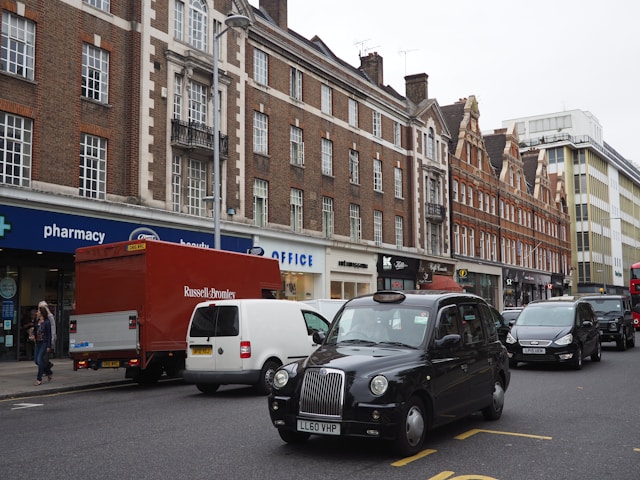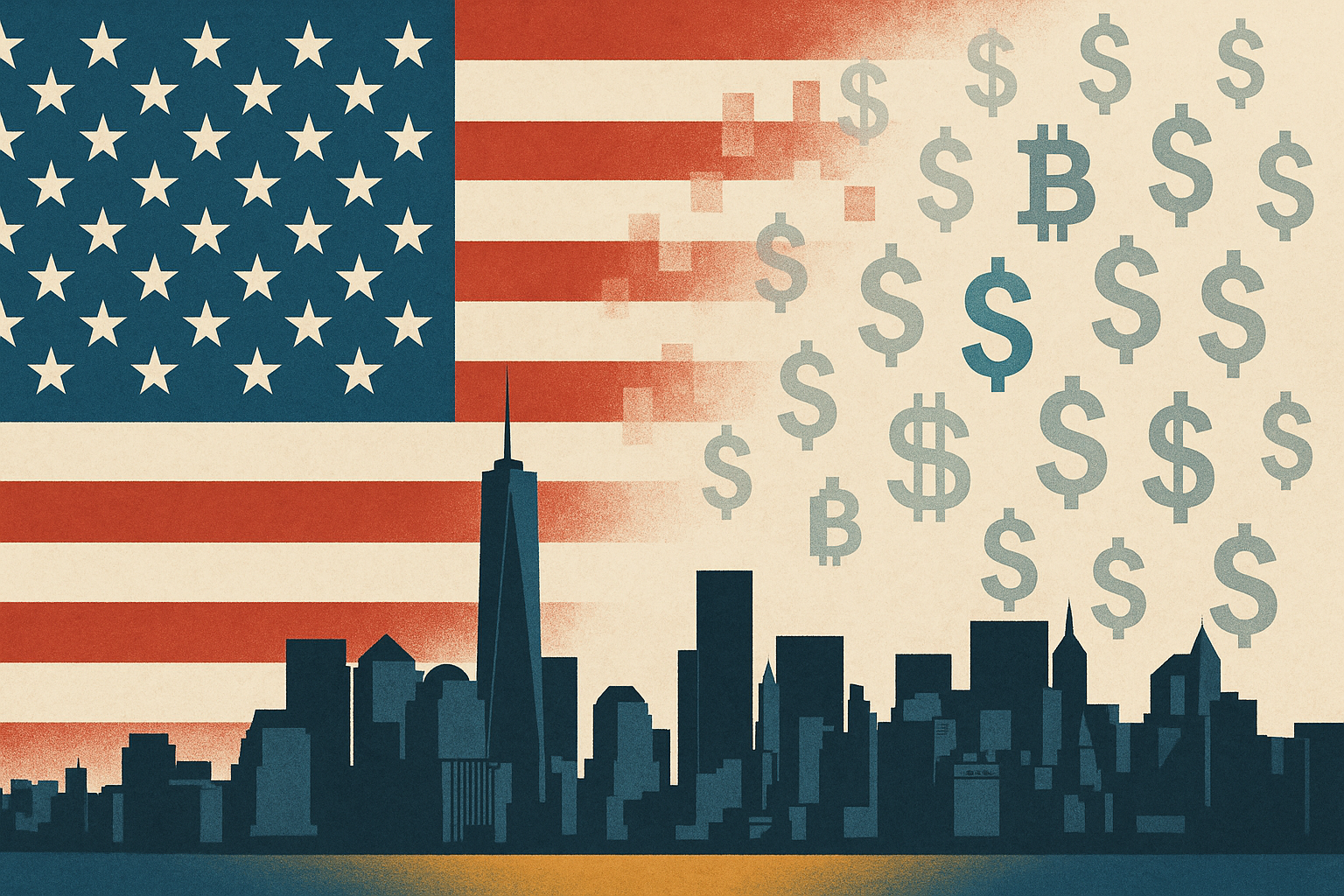The UK’s Consumer Prices Index (CPI) rose by 2.6% in the 12 months to March 2025, down from 2.8% in February, according to the Office for National Statistics (ONS). This marks the second consecutive monthly decline and brings inflation closer to the Bank of England’s 2% target.
The slowdown was primarily driven by falling fuel prices and a deceleration in leisure-related costs. Petrol prices averaged 137.5p per litre in March, down from 144.8p a year earlier. Additionally, prices in the recreation and culture sector, including games and toys, contributed to the easing inflation rate.
However, economists warn that this respite may be short-lived. April is expected to bring a surge in inflation due to increased household utility bills, council tax hikes, and higher water charges. Ruth Gregory, deputy chief economist at Capital Economics, anticipates inflation could rise to 3% in April, with a potential peak of 3.5% later in the year.
The Bank of England faces a complex scenario. While the current dip in inflation might support arguments for an interest rate cut, persistent wage growth — currently at 5.9% — and upcoming price increases could complicate such decisions. Financial markets are pricing in an 86% probability of a quarter-point rate cut to 4.25% at the Bank’s next meeting on May 8.
Global factors add another layer of uncertainty. US President Donald Trump’s recent tariff policies have disrupted global trade, potentially leading to lower global inflation but also posing risks to economic growth. This international backdrop may influence the Bank’s monetary policy decisions in the coming months.
Chancellor Rachel Reeves welcomed the decline in inflation, stating that it, along with wage growth and positive economic indicators, reflects the effectiveness of the government’s economic plan. However, she acknowledged that many families continue to face cost-of-living challenges.




